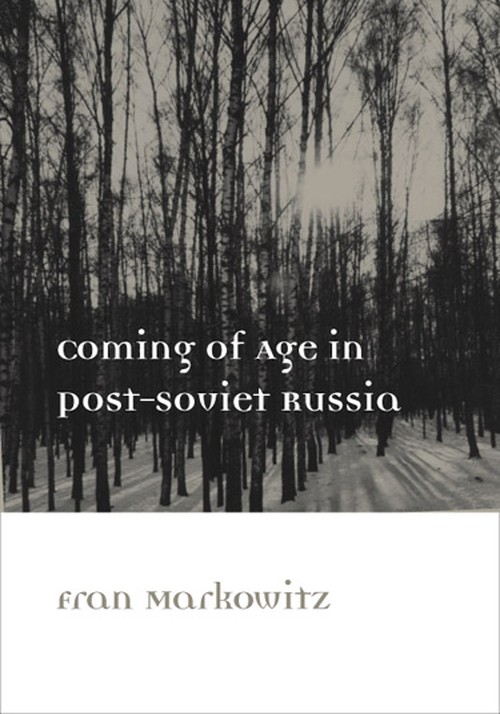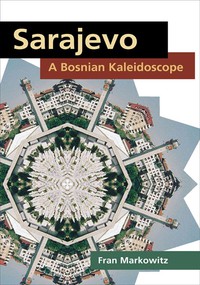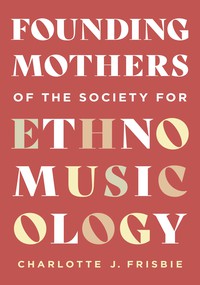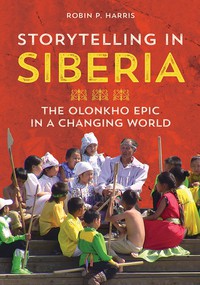
Coming of Age in Post-Soviet Russia
About the Book
Anthropologist Fran Markowitz interviewed more than one hundred Russian teenagers to discover how adolescents have been coping with their country's seismic transitions. Her findings present a substantive challenge to near-axiomatic theories of human development that regard cultural stability as indispensable to the successful navigation of adolescence.Markowitz's fieldwork leads to the surprising conclusion that the disruptions brought by glasnost, perestroika, and the fragmentation of the USSR exerted a greater impact on Western political hopes and on many of Russia's adults than on young people's perceptions of their lives. In their remarks on topics ranging from being Russian to religion, sex, music, and military service, the teenagers convey a flexible and optimistic approach to the future and a sense of security deriving from strong family, school, and neighborhood ties. Their perspectives suggest that culture change and social instability may be seen as positive forces, allowing for expressive opportunities, the establishment of individualized identities, and creative, pragmatic planning.















